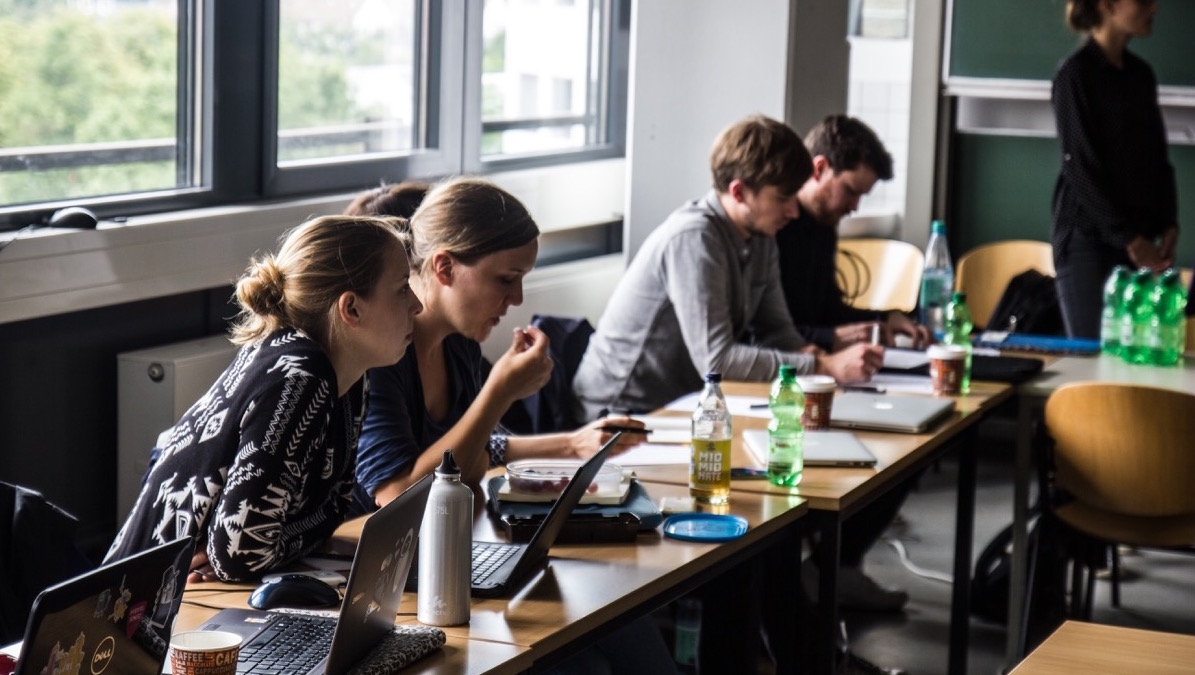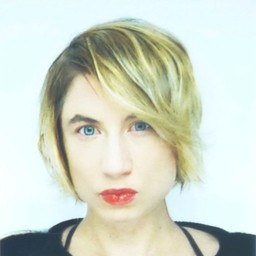Exploring urban mobility at its intersections — a multidisciplinary workshop on mobility stations at the University of Duisburg-Essen.

In the summer, a one-week interdisciplinary workshop on the topic of “Mobility Stations” took place at the University of Duisburg-Essen. As an exciting novelty, 23 students from Universty of Duisburg-Essen Technical University of Dortmund and Bochum University of Applied Sciences were invited. It was the very first time that students from the departments of construction engineering, traffic planning, geography, architecture and even communication studies and cultural studies had worked together.
During the week, the students had to immerse themselves in the topic of urban mobility. Their focus was on mobility stations – urban places that serve as intersections of several mobility modes. The aim of the course was to analyse the intersection points of transport modes on different scales. Since mobility stations bring together many modes of transport and are therefore optimised for intermodal mobility, what does this imply? For guidance we had developed a matrix beforehand that the students could draw on and find a thematic and geographic approach.
Jointly Improving Urban Mobility
We were amazed how, after starting from scratch, they were able to delve deep into the mobility topic and find interesting angles to explore. As a result of their intense research, six presentations circled the topic from multiple sides. Three provided insights on mobility station typologies, rural types of mobility stations and flexible or mobile ones. One presentation gave a location analysis of both local and regional stations. And lastly, another presentation provided solutions on business models for mobility stations.
The workshop was held by us in collaboration with the urban planning and mobility experts, Hendrik Jansen, Daniel Bläßer and Jan Garde, from BJP Planning Office and the Research Institute for Regional and Urban Development (ILS) who all gave valuable insights into digitizing mobility. Moreover Kasia Foljanty, a PhD student at Warsaw University of Technology, provided plenty of groundwork and inspiration.
Workshop Impressions
Nice thoughts on many different aspects of mobility stations.
Regarding the students, they will keep on working on their drafts for further improvement. The university also plans to develop follow-up workshops and seminars on the topic. We will keep you posted!
